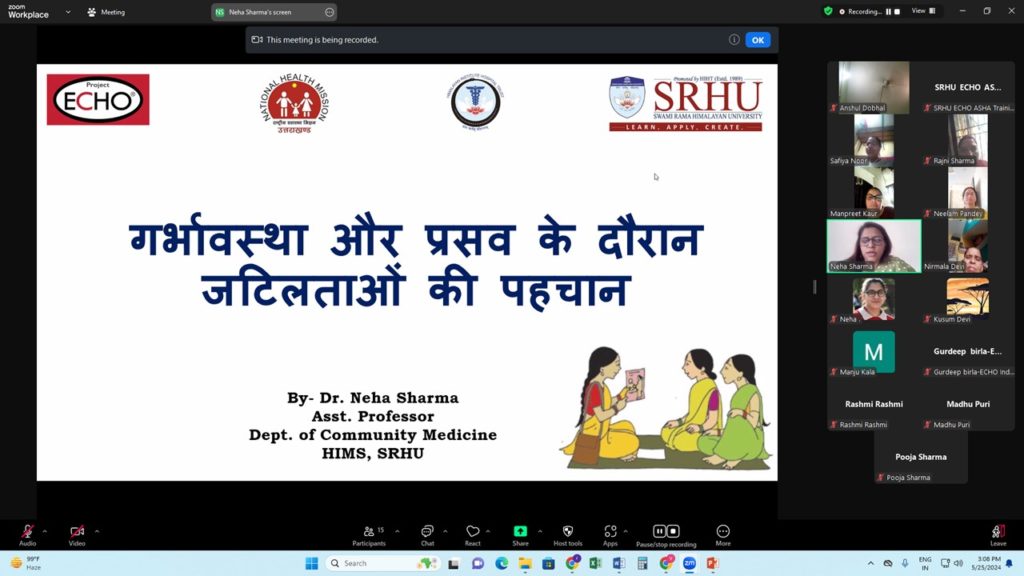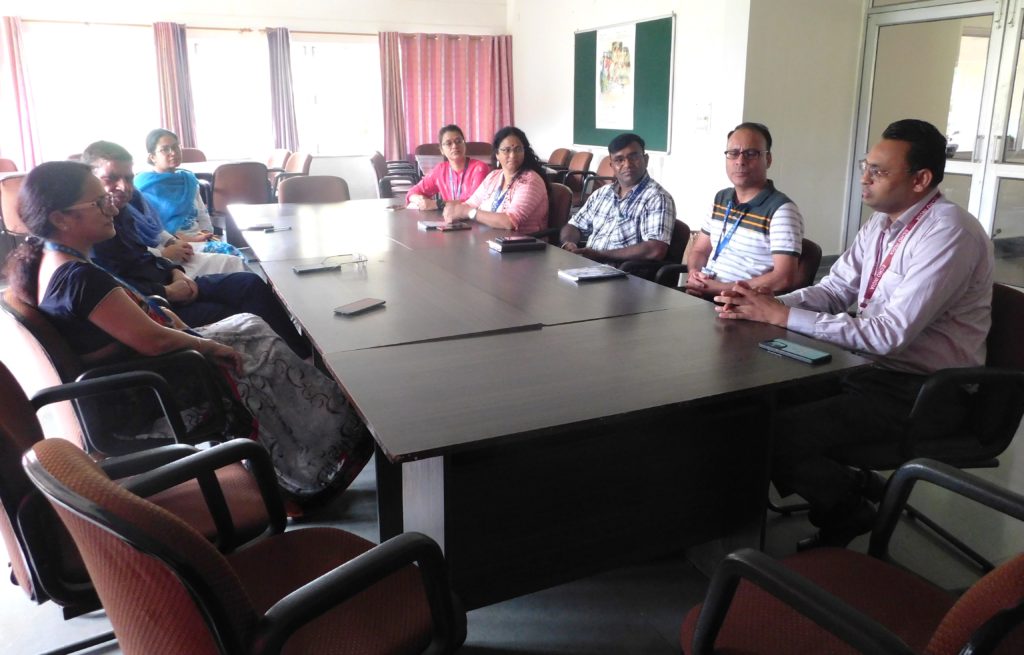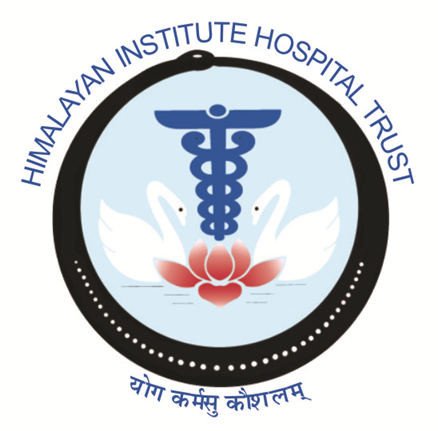For over three decades, the Rural Development Institute at the Himalayan Institute Hospital Trust has been steadfast in its mission to elevate health standards across rural Uttarakhand. Dedicated to enhancing maternal and child health indicators, the institute has spearheaded numerous initiatives at local, district, state, and national levels. Central to its efforts is the Maternal Child Health program, a cornerstone initiative focusing on outreach activities, capacity building for stakeholders and health providers, and providing technical support at state and national levels. As the Mother NGO and State ASHA Resource Centre, the institute has played a pivotal role in empowering Accredited Social Health Activists (ASHAs) through comprehensive training and outreach efforts.

A testament to its commitment, the institute has launched a certificate course integrating insights from its State ASHA Resource Centre program. This course has already empowered over 150 students across seven successful batches, emphasizing practical skills and training for healthcare workers.
In collaboration with Swami Rama Himalayan University, National Health Mission, and ECHO India, the institute has pioneered the Virtual Immersion Program. Specifically tailored for ASHAs in underperforming areas of the Dehradun district, this program comprises 12 meticulously crafted sessions. Covering crucial topics from pregnancy diagnosis to managing acute respiratory infections in children, each session is led by experts from fields like community medicine, obstetrics, gynaecology, and paediatrics. Throughout the program, 50 ASHA workers have actively engaged, benefiting from firsthand knowledge and specialized guidance. Beyond capacity building, the initiative aims to disseminate best practices and foster collaboration, leveraging technology to democratize healthcare knowledge.

Participant feedback has been overwhelmingly positive, highlighting the program’s effectiveness in bridging knowledge gaps and enhancing healthcare delivery. ASHAs have particularly appreciated the practical insights gained, such as effective anaemia management and proper care during childbirth. The sessions have not only enriched their understanding but also underscored the importance of seeking professional medical advice, ensuring safe and informed healthcare practices.
It has been a unique learning experience for both participants and faculty, as they navigated the dynamics of online courses. Participants gained insights into presenting cases, posing questions, sharing local issues, and proposing solutions. Meanwhile, the faculty discovered strategies to simplify technical knowledge, enhancing the comprehension of community health workers and other stakeholders. This activity highlighted the significance of collaboration, coordination, and knowledge sharing. In addition to leveraging the ECHO platform, the ECHO team demonstrated exceptional technical expertise and coordination to ensure participant attendance and conduct effective feedback. Dr. R.K. Singh, Director of the National Program, also offered invaluable support and guidance, contributing significantly to the program’s success.
Rural Development Institute continues to redefine healthcare paradigms in rural Uttarakhand, driven by a vision to empower communities and improve maternal and child health outcomes through innovation and collaboration.
